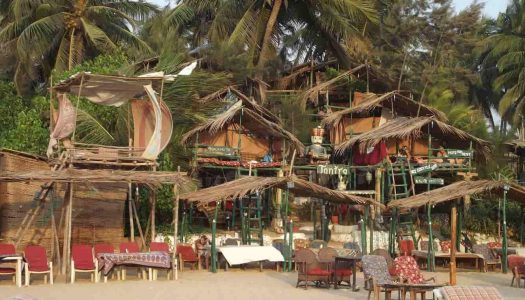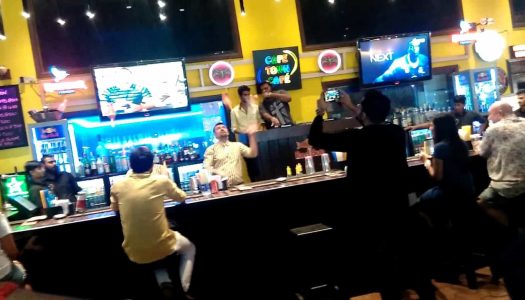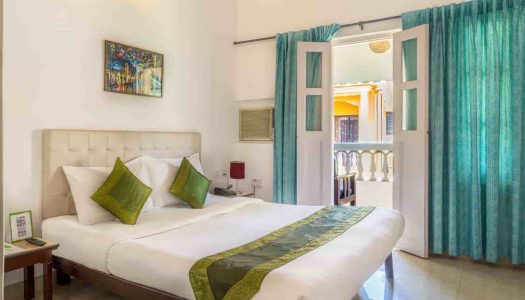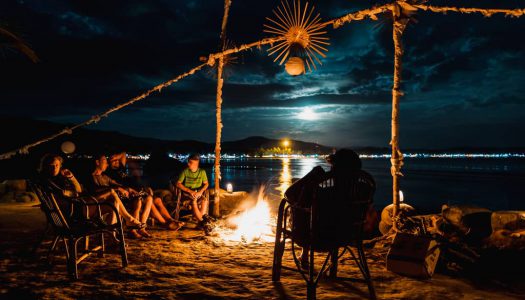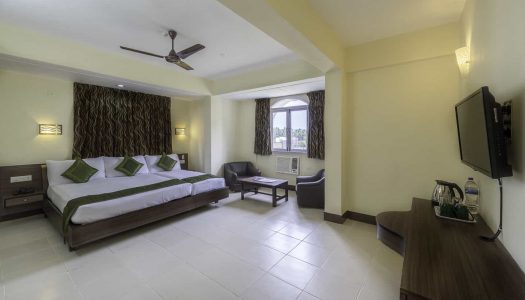Famous as the Beach Paradise of India, Goa is said to be the most favorite travel destination in the country. Beaches in Goa have created a surge of reforms in the tourism sector through its beauty and pleasing atmosphere.
You must have visited Goa some time or the other and you just can’t afford to miss out the beaches over there. The discussion over here highlights the cleanest beach in Goa that you will come across once you are here.
A vacation gets perfect due to the ambiance and essence of a particular destination and the same cross the overwhelming factor when the cleanliness quotient is at its best. Let’s take some time out and list down these clean beaches that you must explore whenever you are in Goa the nest time.
6 Top Most Cleanest Beach in Goa List
1. Palolem Beach

Palolem Beach, South Goa
One of the most stunning and beautiful beaches in the country, Palolem Beach in Goa is equipped with a number of parameters to enjoy.
The cleanliness factor is at its best and the palm groves will make you go just spellbound. Lined with palm trees and colorful wooden shacks, this beach is home to a variety of flora and fauna.
- Location– Margao, South Goa
Suggested to Read : Best beaches in goa for nightlife
2. Calangute Beach
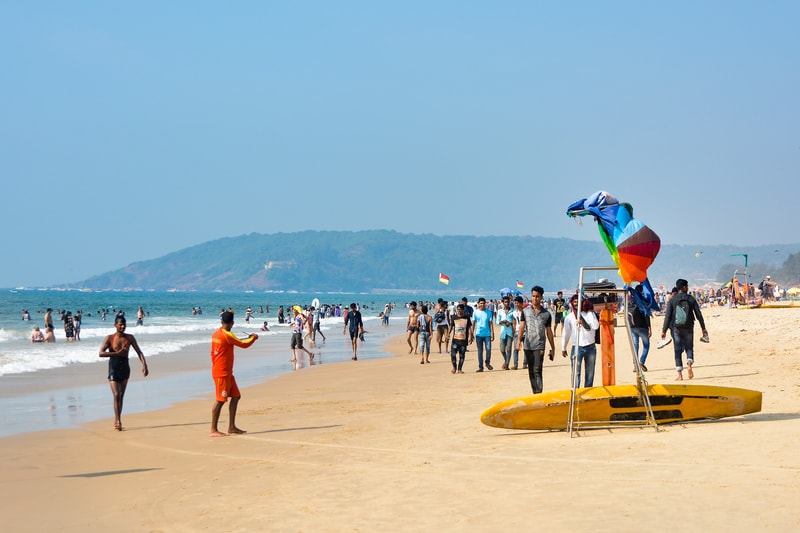
Calangute Beach
Situated just along the Baga Beach, Calangute Beach is ranked among the cleanest beaches in Goa. The nightlife and pubs located over here are the best things you will ask for on a vacation.
The food and accommodation options are really superb. This beach has stretched its boundaries in the northeast and is said to be the largest beach of North Goa.
- Location– 16 km north of Panaji, North Goa
3. Anjuna Beach

Anjuna Beach in North Goa
One of the most popular sea beaches in Goa is the Anjuna Beach, where a large number travelers visit for a happening hangout.
The cleanliness factor is at its best and the western seafood just captivates everyone’s heart. Together with the cleanliness aspect, this place is a well- known destination for music trance parties.
- Location– 21 km north of Panaji, North Goa
Also Read : hidden beaches in goa
4. Arambol Beach

Arambol beach in North Goa
A 16 km long unexplored beach surrounded by cliffs on both its side, Arambol Beach in Goa offers a spectacular view of the entire city.
The large Banyan tree with a stone sculpture depicts a true example of perfect craftsmanship. The winter season between November and March is said to be the best time to visit this place and cherish its beauty.
- Location– 50 km north of Panaji, North Goa
5. Mandrem Beach
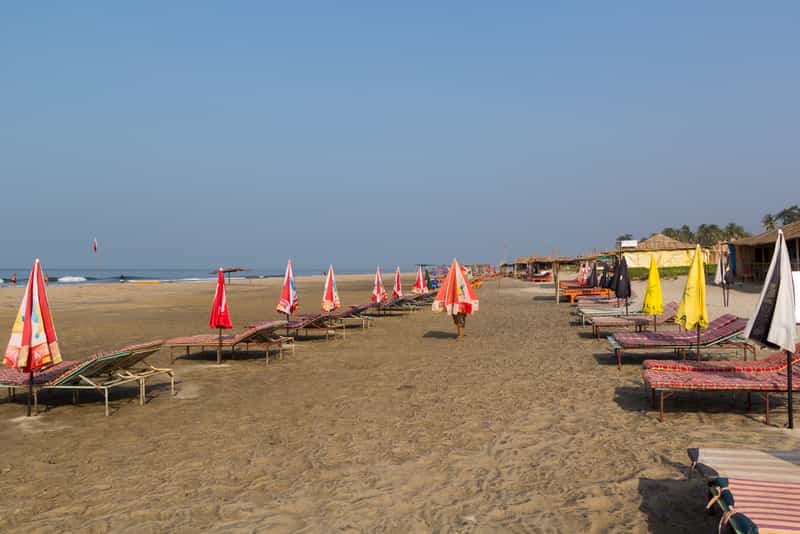
Mandrem Beach in North Goa
The small hillocks made of white sand and the water sports that can be played here will just make your day nothing less than a perfect one.
The cleanliness parameter is kept at its best and the romantic evenings at this place are just awe- inspiring. This beach is very well- known for fine Goan Feni and expert stone carvers.
- Location– 32 km north of Panaji, Goa
Also Check: disco in goa
6. Morjim Beach

Morjim Beach
Embedding a diverse variety of birds and small water animals, Morjim Beach in Goa is a nesting ground to the endangered species.
The relaxation, the cleanliness, the ambiance and the food options are just the magnificent factors you will look for a perfect weekend. This beach is a nesting site for Olive ridley sea turtles and is a home to a variety of birds as well.
- Location– 29 km north of Panaji, Goa
Goa has always been the first pick of the travel lovers. The tourism of India is highly dependent on this very destination owing to its natural beauty and clean beaches. The beaches discussed above signify the true ambiance of the Beach Paradise of India .i.e. Goa.
You must have witnessed the beauty of these places; our comments section below is eagerly waiting for your adventurous experience. Your feedback and suggestions, if any are even more valuable to us.
Book Treebo hotels in Goa and get 100% guaranteed quality stay.
















